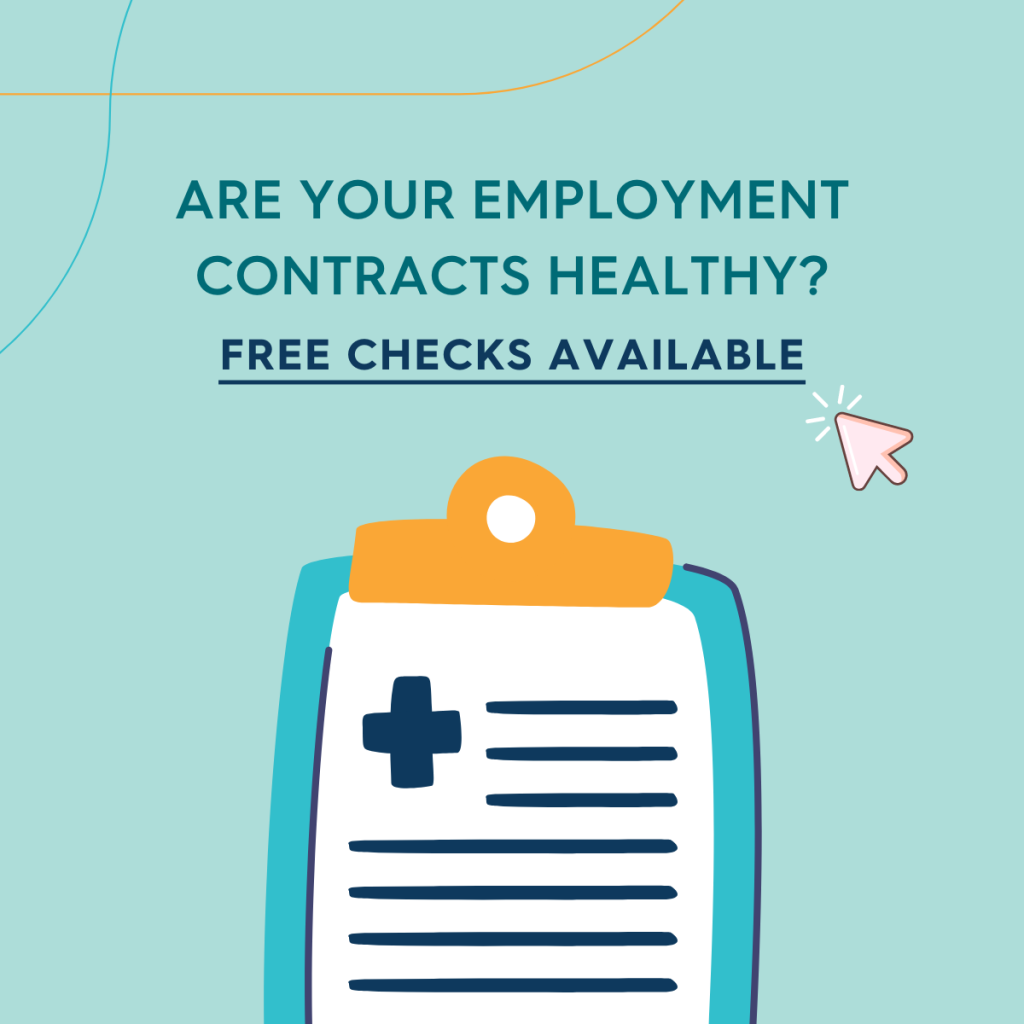Employment Law Strategy & Insights (2023)

What Should Your Business Have on the Radar for 2023?
As we start the new year many businesses will be thinking ahead to what the year might bring. Use this Employment Law Strategy & Insights guide to plan for practical matters, and start thinking about things you might need to tackle (or ways to improve) your workplace practices.
- Additional Bank Holiday
- National Minimum Wages
- Statutory Rate Rises
- Long-covid
- Cost of Operating Crisis
- Upskilling your Workforce
- Workplace Flexibility
Additional bank holiday for the coronation of King Charles III
The additional bank holiday will be on Monday 8th May and as always it’s important to think ahead. After two extra bank holidays in 2022 your business is probably well versed in dealing with them by now!
If you have any questions about entitlement to time off, check out our previous blog on this topic. Remember, its best to communicate the position in your organisation early as this can help everyone to plan and it can prevent last minute issues for your business
I HAVE A QUESTION ABOUT BANK HOLIDAYS
National Minimum Wage Increases
If you pay any employees at or near the National Minimum Wage it’s important to be aware that all the rates are set to rise from 1st April 2023.
Most businesses have experienced a difficult few months, and further financial pressure will feel even more challenging. We recommend everyone to be alert to National Minimum Wage changes and now is the time to prepare so you can avoid falling foul of the law.
Do you need to know more about the new rates? Read our April 2023 NMW announcement, now.
Statutory Rate Rises
April is a busy time for employers with increases to statutory minimum family leave payments such as statutory maternity pay and an increase to statutory sick pay (SSP) taking place.
Make sure the necessary people in your organisation are aware of the forthcoming changes. You can find out more here.
Long-covid
Whilst we hate to mention COVID -19 (and you are forgiven for groaning), long-covid is something we will probably be hearing more about for some time, whether its greater medical knowledge of this area or employees trying to challenge employers over how they have been treated in the workplace.
For many businesses it will be worthwhile thinking about how you might manage an employee who has long-covid. One of the issues that you may be wondering about is whether long-covid is considered a disability under the Equality Act, meaning that the employee is protected from discrimination on that ground and the duty to make reasonable adjustments may apply.
Unfortunately, this is not an easy question as it will depend on the facts and circumstances of the particular case as you will see from two decisions on this area below. In many cases the safest route will be to consider how your business can support an employee who has long-covid and ensure that they are treated reasonably and appropriately.
In Quinn v Sense Scotland, an employment tribunal found on the facts that the employee’s condition didn’t meet the definition of disability under the Equality Act. Whilst the impairment of COVID-19 had a substantial adverse effect on her ability to carry out normal day-to-day activities, this effect had lasted only two and a half weeks at the time of her dismissal. At that point there was no evidence that her condition would develop into long-covid and last or be likely to last for 12 months or more, even though she did ultimately develop long-covid after her dismissal.
In Burke v Turning Point Scotland an employment tribunal with long-covid symptoms was disabled within the meaning of the Equality Act. At the time of his dismissal, he had been suffering from long-covid that had a substantial adverse effect on his ability to carry out normal day-to-day activities for nine months, there was an uncertain prognosis for recovery and it could well be that his long-covid would last for a period of 12 months. The employer themselves considered there was no date when a return to work seemed likely.
Cost of Operating Crisis
2023 could prove to be another challenging year as we continue to navigate uncertain economic times. With the cost of most things heading in only one direction many businesses will be looking to make savings where they can to try to tackle what for some may be ‘a cost of operating crisis’.
If your business is in this position remember that if you are looking to take action to make savings that could affect your employees such as proposing to reduce or remove benefits, changing working hours or otherwise changing terms and conditions it’s important to do it in the right way.
Not just to protect your business from potentially costly employment tribunal claims but to protect your often hard earned relationship with your workforce as a whole.
Bear in mind making changes to terms and conditions usually requires a fair process to be followed, as part of which employee agreement to the change(s) will need to be sought.
In many cases this can take more time and require more planning than a business may initially expect when changing your Employment Contract’s Terms & Conditions.
Upskilling your Workforce
If you are thinking about ways to try to recession-proof your business (as much as is possible!) you might want to have upskilling your workforce on your agenda. Ensuring your business has the skill set it needs can not only help you to meet your business aims but enable you to remain agile.
Whilst competition for staff remains fierce in some sectors, making the most of those you already have can be key – it can also have the double benefit of aiding with employee retention as training and development opportunities are often valued by employees.
Do you have a manager / supervisor who’s new to people management or looking to brush up the HR skills of your management team?
View our bespoke HR training courses.
Workplace Flexibility
It’s likely that 2023 will see employees continue to seek greater flexibility, especially the ability to work remotely in some sectors. With this in mind, it’s worth making sure your business knows how to handle flexible working requests in case any are received. Looking for some pointers? Read our blog about flexible working requests to become “a day-one” right.
Are you hoping flexibility will be a short-term post-pandemic trend?
It’s looking like more of a long term shift in outlook as reflected by the forthcoming changes to the law on statutory flexible working.
When in force, the changes will see amongst other things employees being able to make a statutory flexible working request from the first day of their employment and to be able to make two requests in a 12-month period.
It will be important for businesses to keep an eye on when the law will be changing as we don’t have a date for this yet.
Nobody wants an inbox full of spam!
Receive important legal updates & service information. Easily unsubscribe any time. Read our privacy policy.




